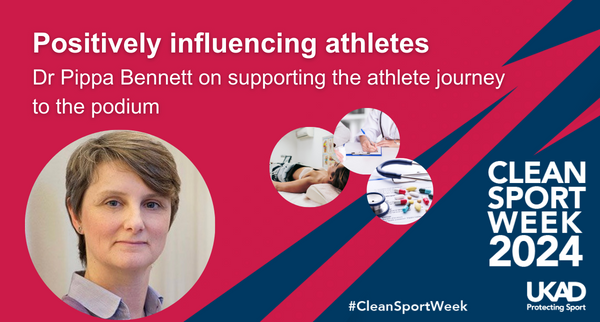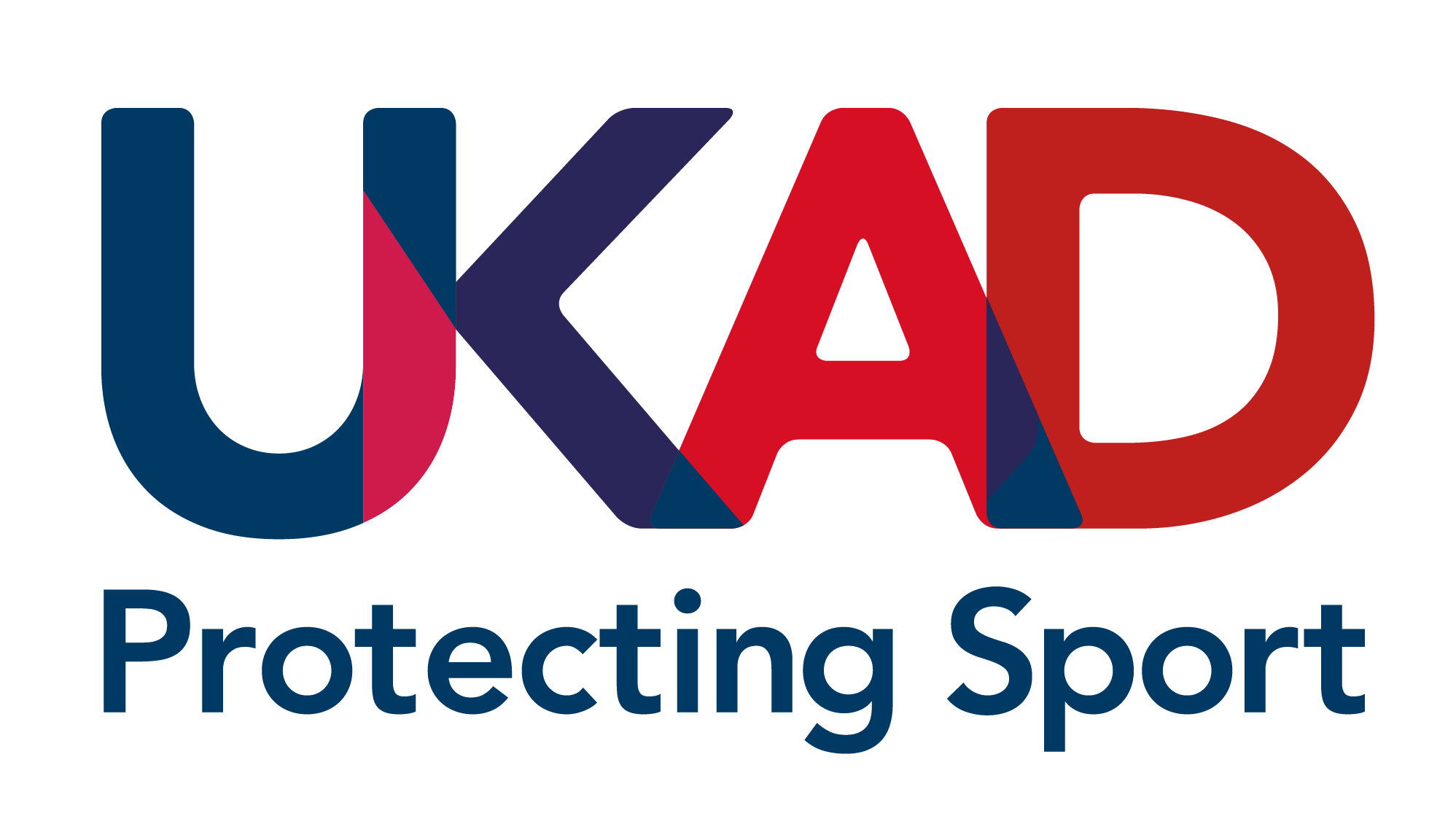BLOG: Positively influencing athletes on their journey to the podium
Written by Dr Pippa Bennett, Chief Medical Officer for Paralympics GB
I’m Dr Pippa Bennett, Chief Medical Officer for Paralympics GB heading into the Paris Paralympics. I’m also Director for Clinical Governance at the UK Sports Institute. I’ve previously been Chief Medical Officer with British Equestrian, British Gymnastics and also the Football Association with the England Women’s Team in the professional Women’s Game.
The joy of sport for me is working as part of a multi-disciplinary team. You do it to a certain extent in other branches of medicine, but within sport, you truly do work alongside others - coaches, nutritionists, physios, other athletes – to support the athlete in front of you. There is no hierarchy to it and our remits overlap – so I am learning all the time from the other disciplines.
My journey into sport started as a General Practitioner. When I graduated from Med School there really wasn’t an option of making sports medicine my sole career. My first passion was women’s football but growing up, playing wasn’t an option. I wanted to get involved in the women’s game and if I couldn’t play, I wanted to make a difference with my profession. During my time at the FA, I worked with the England Women’s team, also the para-football teams. I branched out from there into different sports. The Paralympic movement has really inspired me and captured my heart in recent years.
Working in para-sport is what I love doing now. Seeing the journey of our athletes is inspiring. I’ve worked in professional sports for over 20 years and have proudly supported a number of Paralympians along the way. Tokyo 2020 was my first Paralympic Games. I absolutely loved it and felt blessed to be part of the team there. When Stuart Miller (the former Chief Medical Officer of Paralympics GB) retired a couple of years ago, I applied for the role and was fortunate to be appointed.
Athletes from para-sports come into sport with a different trajectory and for the elite sport community, we need to have an appreciation of that journey when we’re working with them. Some of our para-athletes have challenges every single day, not just trying to reach the podium. Their medical journey and their relationships with medications – what they take and why they take it – is unique to them. I don’t think we can underestimate the life journey and day to day challenges that almost every single para-athlete face, let alone competing and hoping for a podium finish at Paris 2024.
In my role, the health of the athlete is paramount. You can’t have performance, without health. It’s important that we ask the questions: do we have a fit, well, and happy athlete in front of us? How do we enable athletes to perform in a safe, ethical, and fair way?
Medics are the primary prescribers of medications to athletes and we have an obligation as medical practitioners to keep up to date on the World Anti-Doping Code. I’ve always felt that it is our responsibility to support the athlete at competitions when it comes to anti-doping testing and more generally, to positively influence athletes and other athlete support personnel on anti-doping and integrity in sport.
There are ways we can reassure and positively influence the athlete’s education to check their understanding and knowledge of anti-doping. In elite sport we will do medical screenings with athletes on an annual basis, so you’ll see an athlete on a high-performance programme and have that opportunity to sit down with them one-to-one. That is a great opportunity to find out from them what they understand about anti-doping, what education they have had - and particularly in parasport - any medication they may be on or any new medication that their NHS provider or GP may have prescribed.
While strict liability means that it is the athlete’s responsibility to check what they put in their body, as medics, we encourage athletes to talk about medications with us. We can take away some of the anxiety or uncertainty that athletes may have. Medics can do our own check of their medications on Global DRO as well. If there is a legitimate need for a Therapeutic Use Exemption (TUE), we can assist with that.
I heard ages ago that a decent medic is affable, available and able. The availability is number one here. Be willing as an athlete support personnel to be on the end of the phone to an athlete at any time, and to build trust by always having open communications with them. The same way we communicate with different people, find different ways of communicating with the athletes which work best.
[ENDS]
This interview was conducted as part of a conversation on ‘Journey to the Podium’ for Clean Sport Week 2024.



